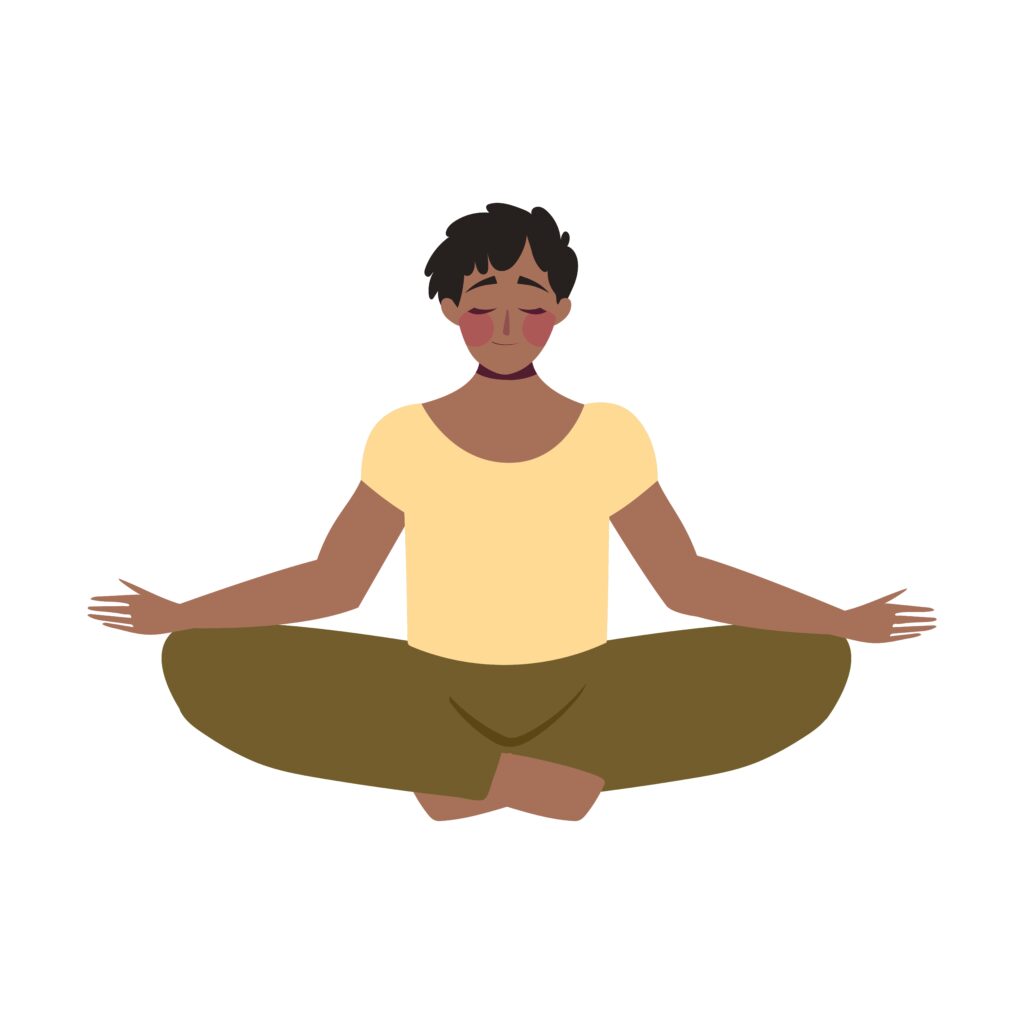Introduction: The Importance of Mental Health in Today’s World
In today’s fast-paced world, mental health has become a growing concern. With rising stress levels, anxiety, and depression affecting millions globally, finding effective ways to care for our minds is more important than ever. This is where mindfulness steps in. But how can mindfulness help improve your mental health? In this article, we’ll explore the benefits of mindfulness, how it works, and simple ways to incorporate it into your daily routine for a healthier mind.
What is Mindfulness?
Mindfulness is the practice of being fully present in the moment, without judgment. It involves paying attention to your thoughts, emotions, and surroundings in a calm, accepting manner. Originally rooted in ancient meditation practices, mindfulness has gained widespread popularity in modern psychology as a powerful tool for mental wellness.
How Mindfulness Helps Improve Mental Health
- Reduces Stress and Anxiety
One of the most well-documented benefits of mindfulness is its ability to reduce stress. Regular mindfulness practice helps lower cortisol levels—the body’s primary stress hormone—resulting in a calmer state of mind. Studies have shown that mindfulness-based stress reduction (MBSR) programs can significantly reduce anxiety and improve emotional well-being. - Enhances Emotional Regulation
Mindfulness trains your brain to respond rather than react to difficult situations. By becoming aware of your emotions without judgment, you can manage them more effectively. This can lead to better emotional regulation and improved interpersonal relationships, which are vital for mental health. - Improves Focus and Concentration
A cluttered mind often leads to feelings of overwhelm. Mindfulness practices, such as meditation, help improve focus by training the brain to stay present. Over time, this can lead to greater mental clarity and reduced feelings of mental fatigue. - Promotes Better Sleep
Sleep is essential for mental health, yet many people struggle with insomnia due to racing thoughts. Mindfulness techniques, such as mindful breathing and body scans, can help relax the mind and improve sleep quality. Better sleep, in turn, enhances overall mental well-being. - Boosts Self-Awareness and Compassion
Mindfulness encourages self-reflection and self-awareness. By becoming more attuned to your inner world, you can develop greater self-compassion and reduce negative self-talk. This shift in mindset can have a profound impact on your overall mental health.
Must read: Mindfulness and Stress Management: Unlock a Healthier You
Simple Mindfulness Practices to Try
- Mindful Breathing
Spend 5-10 minutes focusing on your breath. Notice the sensation of air entering and leaving your nostrils. If your mind wanders, gently bring your attention back to your breath. - Body Scan Meditation
Lie down or sit comfortably, and slowly bring your attention to each part of your body, starting from your toes and moving up to your head. This practice helps release tension and promotes relaxation. - Mindful Journaling
Take a few minutes each day to write down your thoughts and feelings without judgment. This helps clear mental clutter and provides insight into recurring patterns of thought. - Gratitude Practice
At the end of each day, write down three things you’re grateful for. Practicing gratitude has been shown to improve mood and foster a positive outlook on life.
Mindfulness and Professional Mental Health Support

While mindfulness can be a powerful tool for improving mental health, it’s important to recognize when professional help is needed. If you’re struggling with severe anxiety, depression, or other mental health conditions, consider combining mindfulness with therapy or counseling. Many mental health professionals now incorporate mindfulness-based techniques into their practice for more holistic care.
Read more: Fitness and Wellbeing UK: Your Complete Guide to Better Health
FAQs: How Can Mindfulness Help Improve Your Mental Health?
1. What is mindfulness, and how does it work?
Mindfulness is the practice of focusing on the present moment without judgment. It works by helping individuals become more aware of their thoughts and emotions, reducing stress, and improving mental clarity through techniques like meditation and mindful breathing.
2. Can mindfulness reduce anxiety and stress?
Yes, numerous studies have shown that mindfulness can significantly reduce stress and anxiety. By calming the mind and helping individuals stay present, it lowers cortisol levels (the stress hormone) and promotes relaxation.
3. How often should I practice mindfulness to see results?
Practicing mindfulness for 10-20 minutes daily can yield noticeable benefits in stress reduction, focus, and emotional well-being. However, even a few minutes of mindful breathing or meditation during stressful moments can help.
4. Is mindfulness suitable for everyone?
Yes, mindfulness is generally suitable for people of all ages and backgrounds. Whether you’re dealing with stress, anxiety, or simply seeking better focus, mindfulness can be beneficial. However, individuals with severe mental health issues should also seek professional help.
5. Can mindfulness improve my sleep?
Yes, mindfulness can improve sleep by helping to calm racing thoughts and promoting relaxation before bed. Techniques such as body scans and mindful breathing are particularly effective in improving sleep quality.
6. How is mindfulness different from meditation?
Meditation is a formal practice where one sets aside time to focus inward, often using techniques like mindful breathing or visualization. Mindfulness, on the other hand, can be practiced anytime, anywhere by being fully present and aware of your thoughts and surroundings.
7. Can mindfulness help with depression?
While mindfulness isn’t a cure for depression, it can be an effective tool in managing depressive symptoms. Mindfulness helps individuals observe negative thoughts without becoming overwhelmed by them, reducing their impact over time. Mindfulness-based cognitive therapy (MBCT) has been shown to help prevent the recurrence of depression.
8. What are some simple mindfulness exercises for beginners?
For beginners, simple mindfulness exercises include:
- Mindful breathing: Focus on your breath for a few minutes.
- Body scan: Gradually bring attention to different parts of your body.
- Mindful walking: Pay attention to the sensation of each step.
- Gratitude journaling: Write down things you’re grateful for each day.
9. Does mindfulness require special equipment or a specific environment?
No, mindfulness doesn’t require any special equipment or environment. You can practice mindfulness anywhere at home, in the office, or even while walking. All you need is a few minutes of quiet and the willingness to be present.
10. How long does it take to experience the benefits of mindfulness?
Some people notice immediate benefits, such as a sense of calm after a single session. However, long-term benefits like reduced anxiety, improved focus, and better emotional regulation typically emerge after a few weeks of consistent practice.
Conclusion: Embrace Mindfulness for a Healthier Mind
So, how can mindfulness help improve your mental health? By reducing stress, enhancing emotional regulation, improving focus, promoting better sleep, and fostering self-awareness, mindfulness offers a holistic approach to mental well-being. Whether you’re new to mindfulness or looking to deepen your practice, starting small and being consistent can make a significant difference in your mental health journey.
At Wellbeing Tribez, we believe in empowering individuals to take control of their mental wellness. Explore our resources, join our community, and embark on a path toward a healthier, balanced life through mindfulness.

